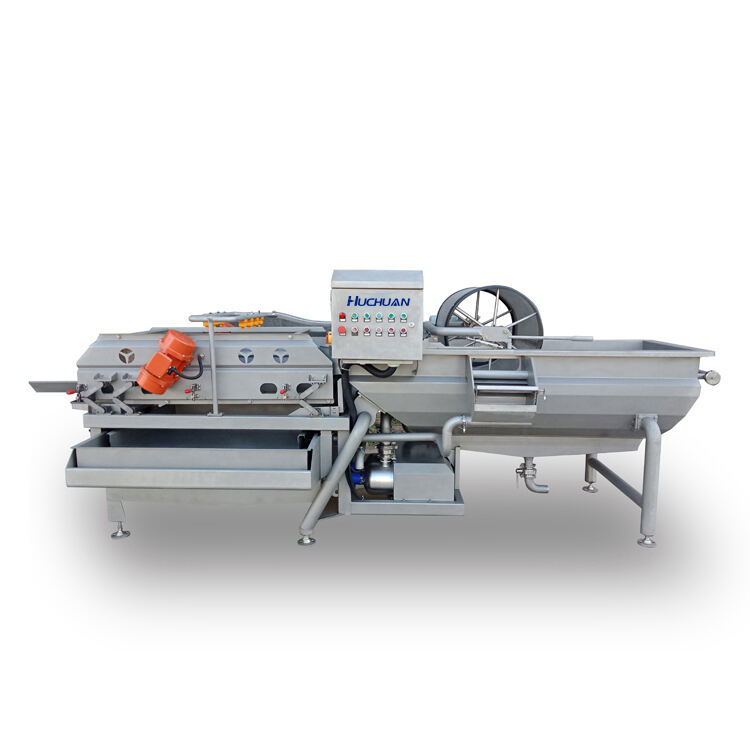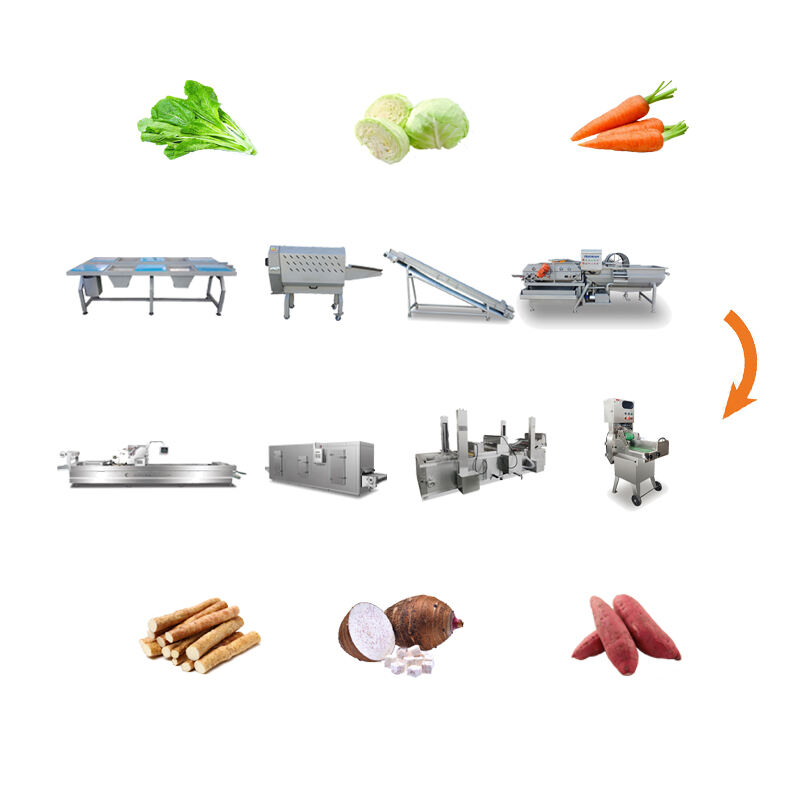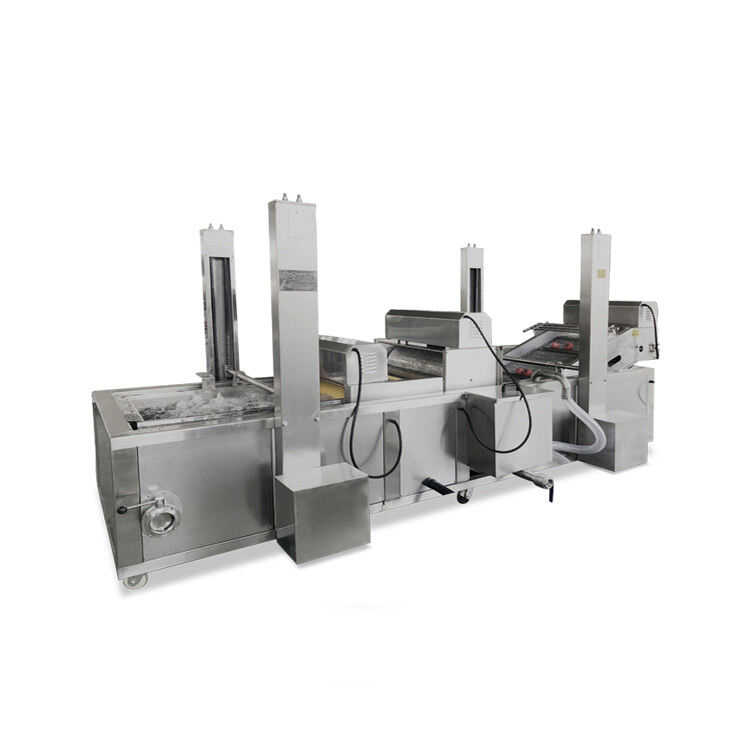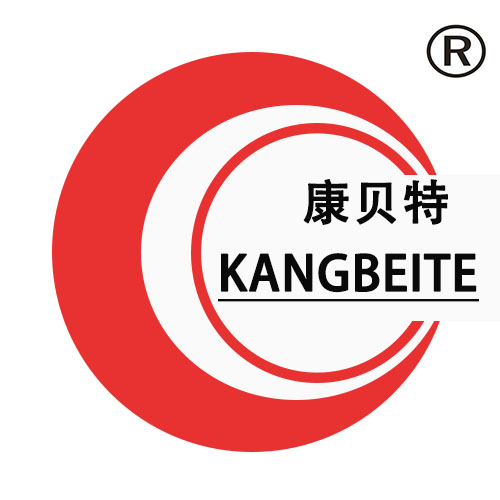Най-новите мийки за плодове и зеленчуци представляват значителен напредък в технологиите на хранителната промишленост, като интегрират иновативни функции за подобряване на ефективността на почистването, намаляване на консумацията на вода, подобряване на хранителната безопасност и адаптиране към разнообразните нужди на модерните хранителни предприятия – от малки ферми и магазини до големи индустриални съоръжения. За разлика от традиционните мийки, които разчитат на основно пръскане с вода или навличане, тези напреднали модели използват многостепенни процеси на почистване, интелектуални контролни системи и еко-технологии, за да се справят с предизвикателствата при премахването на замърсители (остатъци от пестициди, мръсотия, бактерии и чужди частици), като същото време запазват цялостността на деликатни продукти (напр. ягоди, листни зеленчуци) и твърди зеленчуци (напр. моркови, картофи). Една от ключовите иновации в най-новите мийки за плодове и зеленчуци е внедряването на многостепенни системи за почистване, които комбинират различни методи за почистване, за да се осигури пълно премахване на замърсители. Например, типична многостепенна мийка може да започне с етап на предварително изплакване (с ниско налягане водни струи за премахване на рохкава мръсотия), последван от основен етап на почистване, който използва ултразвукова технология (звукови вълни с висока честота, които премахват микроскопични замърсители от повърхностите и процепите на продуктите) или почистване с мехурчета (генерирани чрез въздушни инжектори, създаващи лека турбуленция, която вдига мръсотията без повреждане на продуктите). Някои модели включват и етап на дезинфекция, използвайки безопасни за храна дезинфектанти (като диоксид на хлора или озон) или UV-C светлина (която убива бактериите без оставяне на химични остатъци), за елиминиране на опасни патогени като E. coli, Salmonella и Listeria – критично за съответствие със стандарти за хранителна безопасност като на FDA и ЕС. Запазването на водата е още една основна цел на най-новите мийки, тъй като традиционните модели могат да консумират хиляди литри вода на час. Модерните мийки решават това чрез затворени системи за рециклиране на вода, които филтрират и третират използваната вода (чрез седиментни филтри, активни въглеродни филтри и дезинфекция с UV светлина), преди да я използват отново в процеса на почистване – намалявайки консумацията на вода с 50–70% в сравнение с по-стари модели. Освен това, променливите контроли за налягане на водата позволяват на операторите да регулират интензивността на водните струи според типа продукт: по-ниско налягане за деликатни продукти като ягоди (за предотвратяване на натъртвания) и по-високо налягане за издръжливи зеленчуци като картофи (за гарантиране на дълбоко почистване). Интегрирана в най-новите мийки за плодове и зеленчуци е и интелектуална технология, със системи PLC (Programmable Logic Controller) и екрани с докосване, които позволяват автоматизирана работа и мониторинг в реално време. Операторите могат да предварително програмират параметри за почистване (температура на водата, налягане, време за почистване) за различни типове продукти, осигурявайки съгласуваност и намалявайки риска от човешка грешка. Много модели включват и сензори, които откриват обема на продуктите, които се мият, автоматично регулирайки употребата на вода и енергия за оптимизация на ефективността. За индустриални приложения, най-новите мийки са проектирани за обработка на големи обеми (с капацитет от 1000 kg/h до 10 000 kg/h) и безпроблемна интеграция с предходни (беритба, сортиране) и последващи (рязане, със съсухряване, опаковане) производствени линии чрез автоматични транспортьори. Те също така имат издръжлива конструкция (от неръждаема стомана за хранителна индустрия) за издръжливост и лесно почистване, с гладки повърхности и сменяеми компоненти, които улесняват санитаризацията – съответстваща на стандартите HACCP и ISO 22000. За малки предприятия са налични компактни, мобилни модели, с интуитивни контроли и по-ниско енергийно потребление, което ги прави подходящи за почистване на място или за малки търговски операции. Друго забележително постижение е фокусът върху запазването на качеството на продуктите: най-новите мийки използват деликатни методи на почистване, които минимизират механичното напрежение, намалявайки натъртванията и удължавайки срока на годност на продуктите. Някои модели включват и етап на със съсухряване (с вентилатори с ниско налягане), за премахване на излишната влага, което предотвратява растежа на плесен при съхранение и транспортиране. В заключение, най-новите мийки за плодове и зеленчуци са проектирани да балансират ефективността, устойчивостта и хранителната безопасност, осигурявайки на хранителните предприятия инструмент, който не само отговаря на регулаторните изисквания, но и намалява оперативните разходи, минимизира екологичното въздействие и доставя висококачествени, чисти продукти до потребителите.




Права на автор © 2025 от firma Shandong Kangbeite Food Packaging Machine Co., Ltd. Политика за поверителност